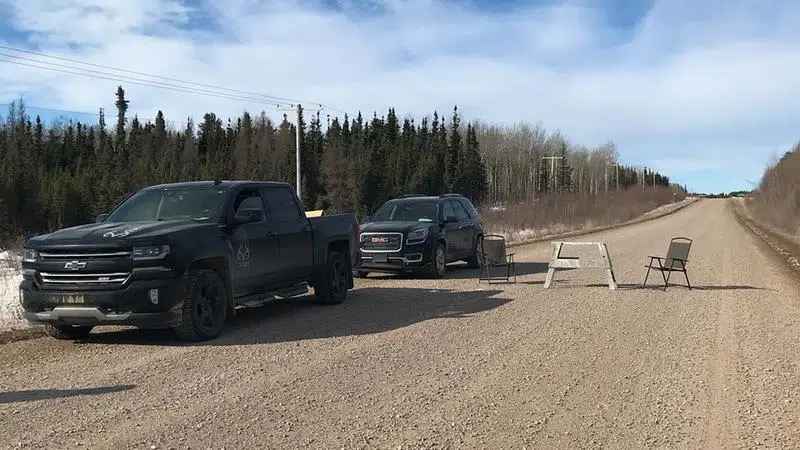
Northern communities installing checkpoints, initiating local lockdowns
Residents of Pinehouse Lake and Pelican Narrows have both initiated checkpoints leading into their communities as a precaution against COVID-19.
This afternoon Pinehouse Administrator Martine Smith announced on a community Facebook page the village was hiring two security night workers. In all, she wrote there would be four people working 8 p.m. to 8 a.m. shifts with one week on, one week off for two months.
“These persons will be security at the checkpoint,” Smith posted. “Licence would be an asset. Training would be an asset. Must be drug-free. Must follow all required safety measures.”
Those hired for the position will be told later tonight, she wrote.


